Aging and Dry Mouth

| Key Takeaways | |
|---|---|
| Prevalence | Dry mouth is common in older adults due to medication, systemic changes, and decreased salivary function. |
| Impact | Leads to difficulties in speaking, eating, and increases dental decay risk. |
| Science | Aging affects cellular function in salivary glands and autonomic nervous system efficiency. |
| Prevention | Proper hydration, nutrition, and medication management are key. |
| Support | Utilising resources like the Dry Mouth Self-Assessment Test is crucial for early detection and management. |
The Dry Mouth Dilemma in Aging
As we age, our bodies undergo myriad changes; one such change is a decline in the production of saliva, leading to a condition known as dry mouth or xerostomia. It's more than just discomfort; it's a challenge that affects one's overall quality of life and oral health.
Why is dry mouth such a prevalent issue among seniors? The reasons are multifaceted—ranging from the natural aging process to side effects of medication. Older adults often report a parched feeling, difficulty in tasting food, swallowing, and speaking. This isn't just about comfort; it's a health concern that can lead to more serious dental issues.
Understanding Saliva's Role
Saliva does much more than keep our mouth wet. It's crucial for protecting teeth, aiding in digestion, and controlling bacteria. The types of saliva and their roles become more important as we age and production decreases.

Common Causes in Older Adults
When it comes to dry mouth in seniors, the culprits are often found in the medicine cabinet. Numerous medications have side effects that reduce saliva flow. But it's not just pills; systemic health issues prevalent in seniors, such as diabetes or Sjogren's syndrome, also play a role.
- Prescriptions: Many drugs prescribed for common age-related conditions can decrease saliva.
- OTC Medications: Over-the-counter remedies for allergies or pain relief can also contribute.

The Science Behind Aging and Reduced Saliva Production
As we journey through the golden years, our bodies face a symphony of changes. Among these, the reduction in saliva production stands out, a not-so-subtle tune that affects our oral symphony. It's a complex interplay of biology and age, where science provides insights into the "why" behind this decline.
Biological Factors at Play
Aging is not merely a number; it's a biological process that can affect the function of salivary glands. The question is, what exactly happens within these glands as we age?
- Cellular Senescence: The cells within the salivary glands can undergo senescence, a state where they no longer divide or function effectively.
- Autonomic Nervous System Changes: This system, which controls saliva secretion, becomes less efficient with age.
Systemic Health and Medication
Health conditions that often accompany aging, like diabetes or Sjogren's syndrome, can directly impact saliva production. Additionally, the myriad of medications that treat age-related ailments often list dry mouth as a side effect. The cumulative effect can be a significant reduction in saliva.

The Impact of Hydration and Nutrition
As we age, our sense of thirst may become less acute, leading to lower fluid intake and dehydration—a state closely linked with reduced saliva flow. Nutritional deficiencies, which are more common in older populations, can also impact the health of salivary glands.
Combatting Dry Mouth: Practical Steps
| Strategy | Description | Benefits |
|---|---|---|
| Hydration | Increasing daily water intake. Check your recommended water intake here. | Helps maintain moisture in the mouth and overall hydration. |
| Humidifiers | Using devices to add moisture to indoor air. | Alleviates dryness of the mouth and throat, especially overnight. |
| Dietary Adjustments | Incorporating saliva-stimulating foods like citrus fruits or chewing sugar-free gum. And other foods that help with dry mouth. | Stimulates saliva flow and helps with oral clearance. |
| Oral Hygiene | Regular brushing with fluoride toothpaste, flossing, and using mouthwash. | Reduces risk of tooth decay and gum disease associated with dry mouth. |
| Saliva Substitutes | Using dry mouth sprays, lozenges, dry mouth sweets or gels that mimic saliva. | Provides temporary relief from dry mouth symptoms. |
| Regular Dental Visits | Maintaining routine check-ups with a dental professional. | Early detection and treatment of oral health issues caused by dry mouth. |
| Medication Review | Discussing current medications with a healthcare provider to identify those that may cause dry mouth. | Potential adjustment of medication to reduce dry mouth side effects. |
Staying proactive with products designed for oral health, like dry mouth sprays, is essential. Aging and dry mouth are intertwined, but understanding the causes and taking proactive steps can mitigate the risks.

Sense Hero
Sense Hero mouth Spray UK: Quick Fix for Dryness, Vapers Tongue and Palate Cleansing
View full details

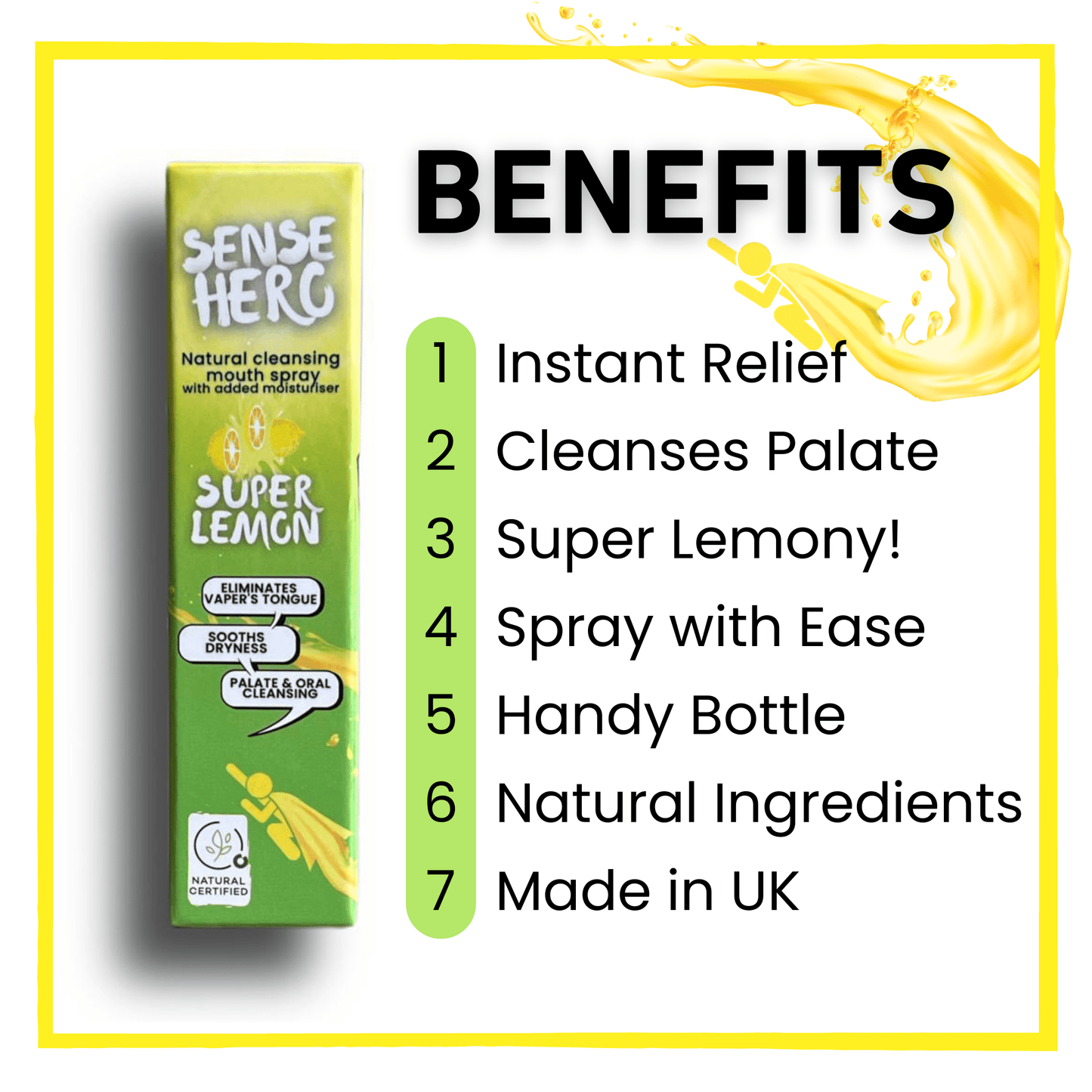
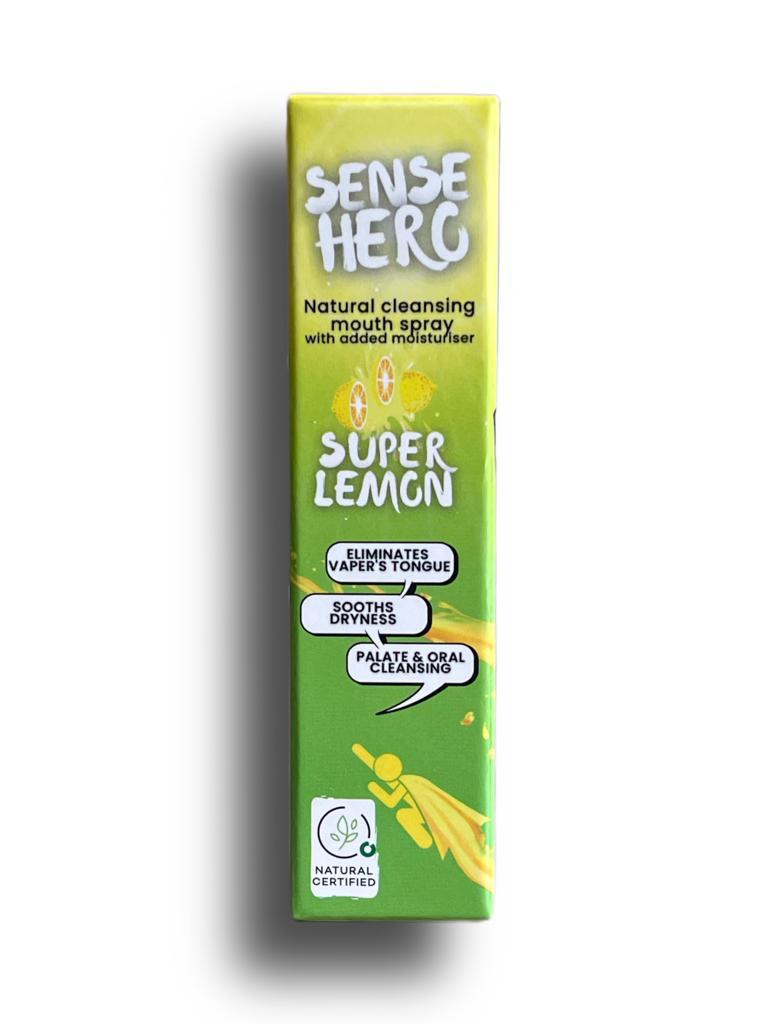
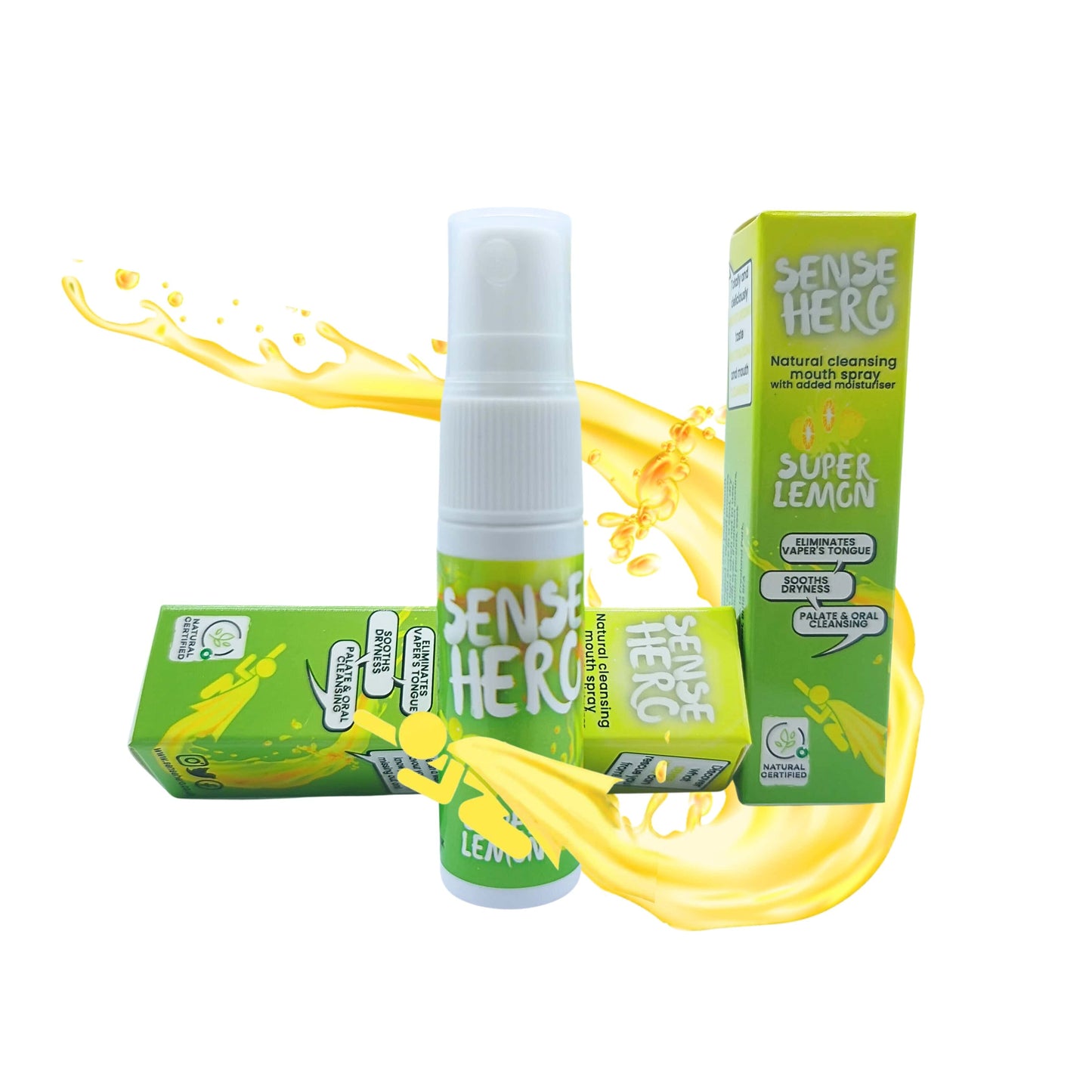
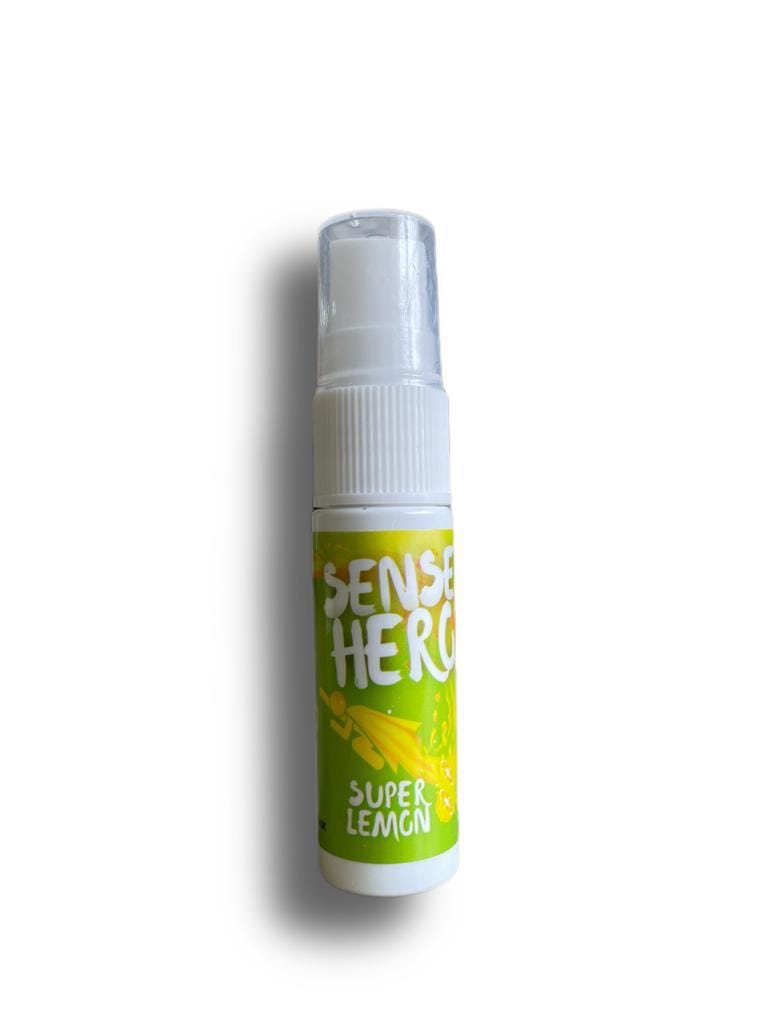
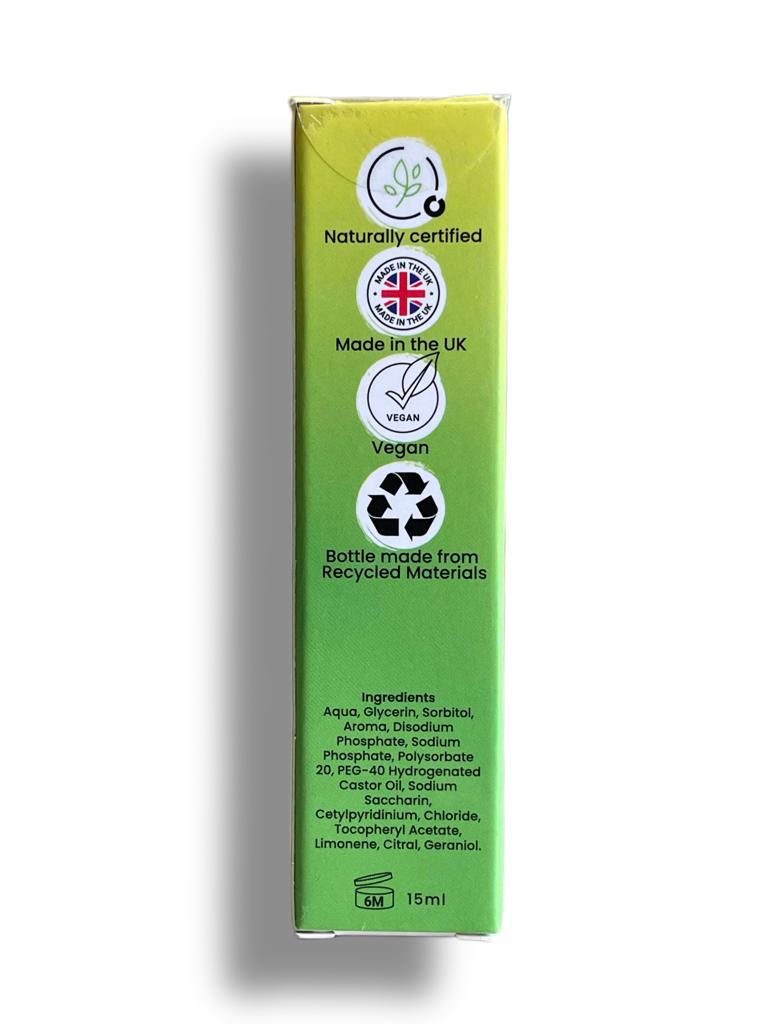

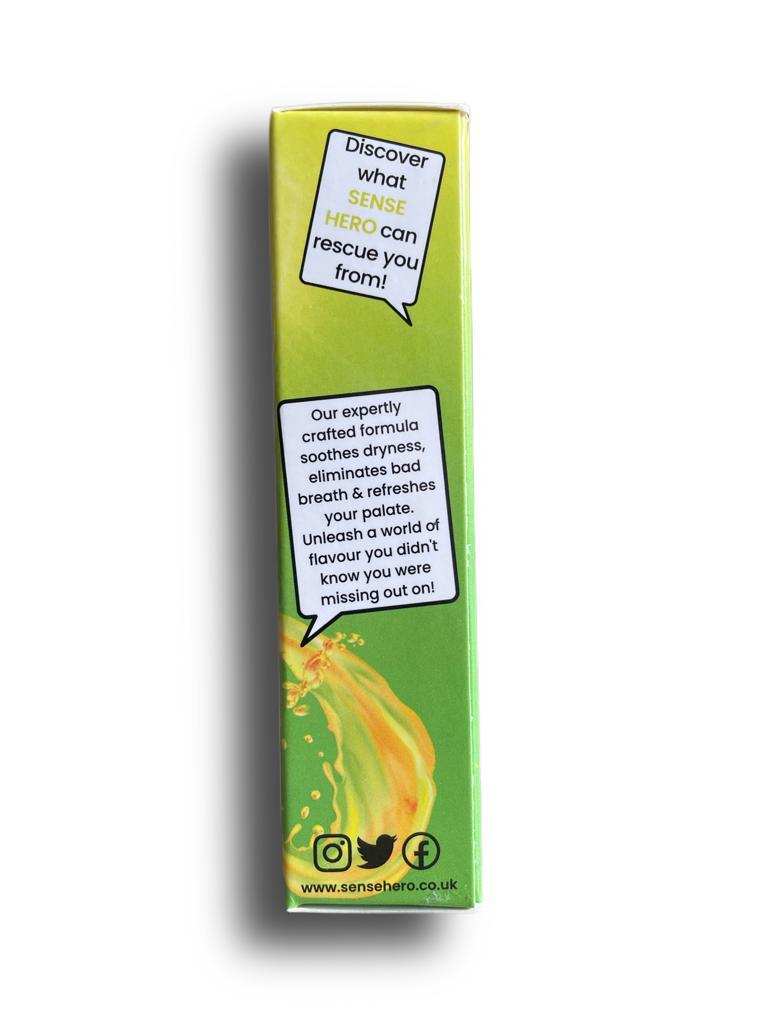
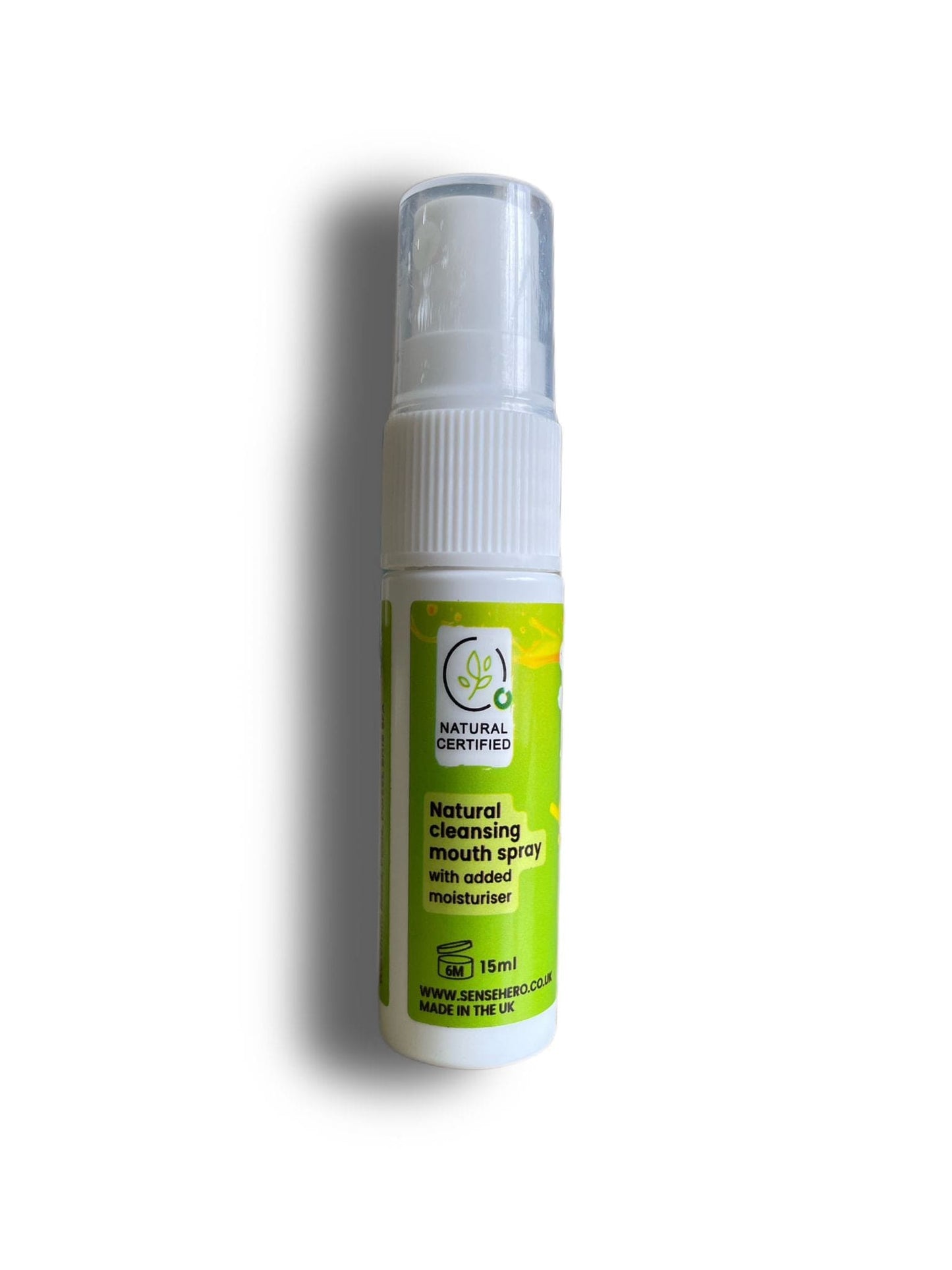

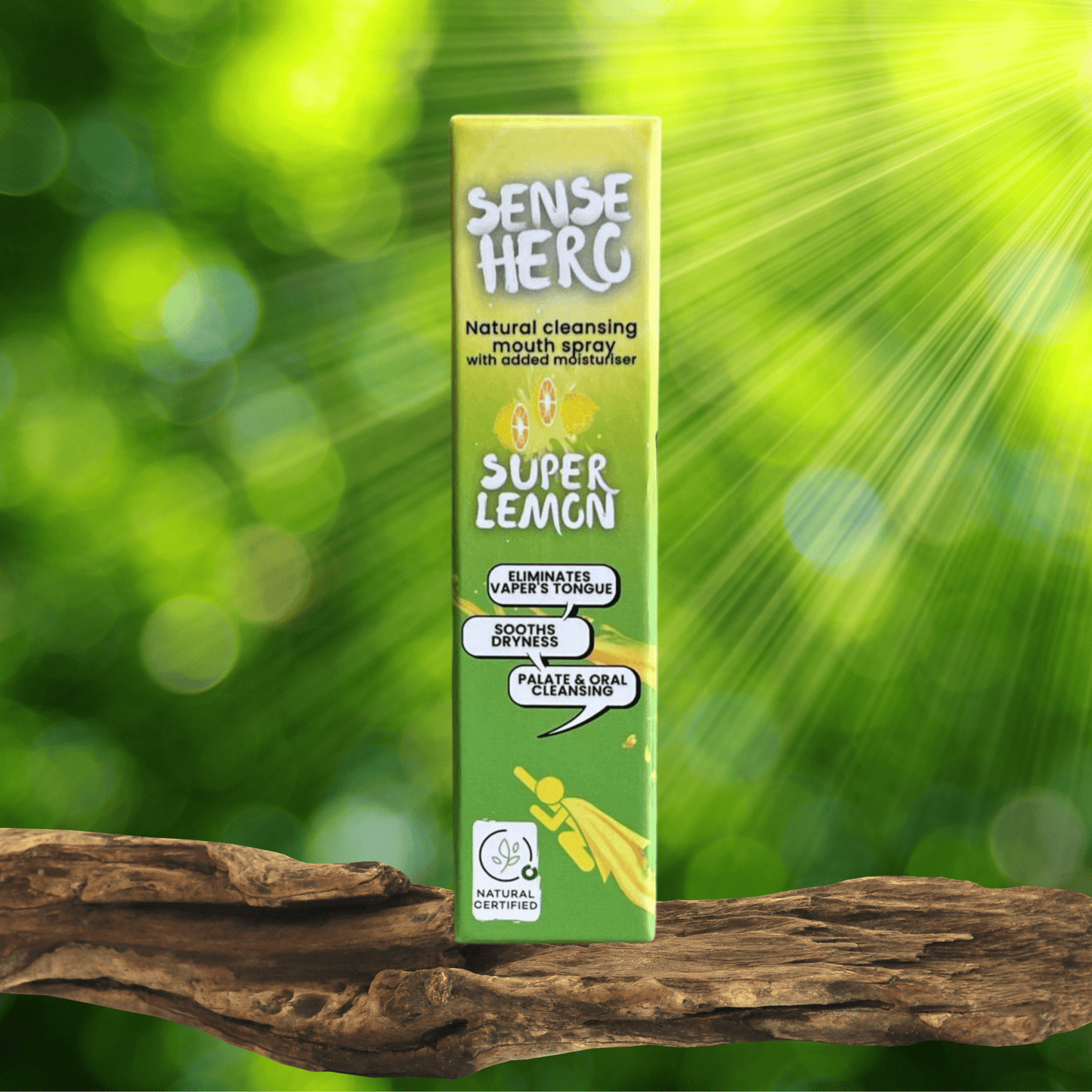
Sense Hero spray is not a medicinal product and is not intended to diagnose, treat, cure, or prevent any disease. Sense Hero Spray is designed for personal comfort.

